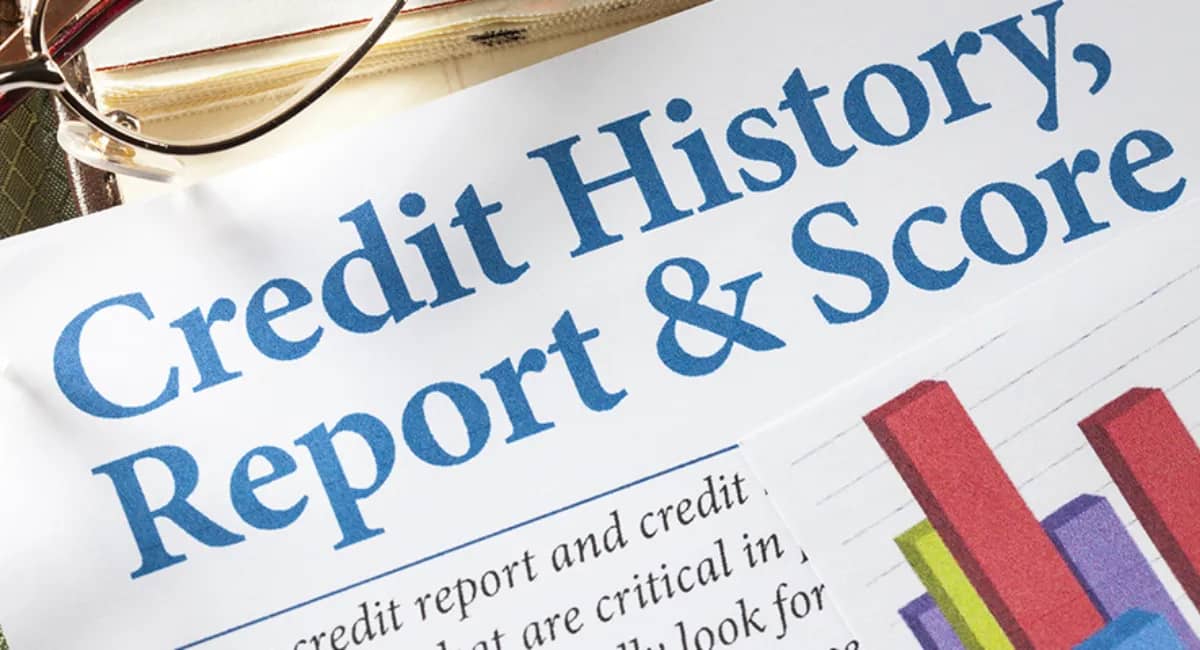When deciding to approve your mortgage, a lender will look at your credit history, which shows how well you’ve repaid loans like credit card bills.
If you have a “good” credit history and pay loans on time and in full, you’re more likely to get approved for loans with lower interest rates.
Suppose you have a “bad” credit history of missing payments or paying only minimum balances. In that case, you’ll typically get higher-interest loans and sometimes can’t get approved for a loan at all. If you’re considering buying a house—even years from now—ensure you maintain good credit.
Credit Reports
To find out where your credit stands, get a credit report detailing your debt and payment history. Credit reports usually include a credit score, also called a FICO score, which shows lenders how good your credit is.
FICO scores range from 300 (low) to 900 or more (high). A score of 700 or higher is considered good, while a score below 700 could make it harder to get the lowest interest rates.
You can get a credit report by contacting one of the three main credit bureaus: Experian, TransUnion, or Equifax.. A new law entitles all Americans to one free annual credit report, available at www.annualcreditreport.com. It’s a good idea to take advantage of this opportunity every year to monitor your credit and check the reports for errors.
How to Improve Your Credit
If you have a low credit score, don’t despair: you can improve your credit over time. Credit reports and scores generally cover only the previous two years, though significant credit issues such as bankruptcy remain on your report for 10 years. Improving your credit is primarily a function of displaying good credit behavior:
- Pay monthly bills: Pay all loans and other monthly bills promptly and in full monthly.
- Pay off credit cards: Always pay your bills on time and in full each month. Never make just the minimum monthly payments on credit cards.
- Never max out credit cards. Even if you pay them off, maxed—out cards will make creditors question your spending habits.
- Don’t get more credit cards than you need: Holding many credit cards can suggest you have cash flow problems, even if no problem exists.
If you get turned down for a mortgage even though you think your credit is excellent, request that the lender provide a written explanation. They’re obligated to supply one if you ask. The explanation will identify the problems with your credit so you know what needs improvement.
How to Get Credit Help
If you’re in severe credit card or other debt and aren’t sure what to do, help is available. Many areas have credit services that can help you create a plan and budget to pay off debt and improve your credit, often for little or no cost. You can find these services in the phone book or online.
Only use credit services. Avoid companies that promise to “fix” bad credit for a fee—these are often scams. Good financial habits over time are the only way to improve your credit.
Get Our Latest News First
Related Latest News Posts:
- How to Negotiate on a Home It’s uncommon for a seller to accept the first offer from a buyer.
- How to Choose a Mortgage Lender: Are you looking for How to Choose a Mortgage Lender? Buying a vacation home is exciting,
- How to Choose a Mortgage Broker: How to Choose a Mortgage Broker?. Before you start house hunting, you should know what size and type of mortgage
- How to Consider the Financial Risks of Buying a Home: Trying to weigh the risks of buying a home is like evaluating the risk/reward of any other significant investment.
- How to Get a Professional Home Inspection: Why pay for a home inspection? A home inspection will help buyers uncover home defects before investing. For sellers,
- How to Buy a Motor Home: If you’re in the market for a motor home or a recreational vehicle (RV), shop for the best buy for your recreational dollars.
- How to Make an Offer on a Home: When you have an idea to find a home that you love in your budget, here is the time to make an offer at home,
